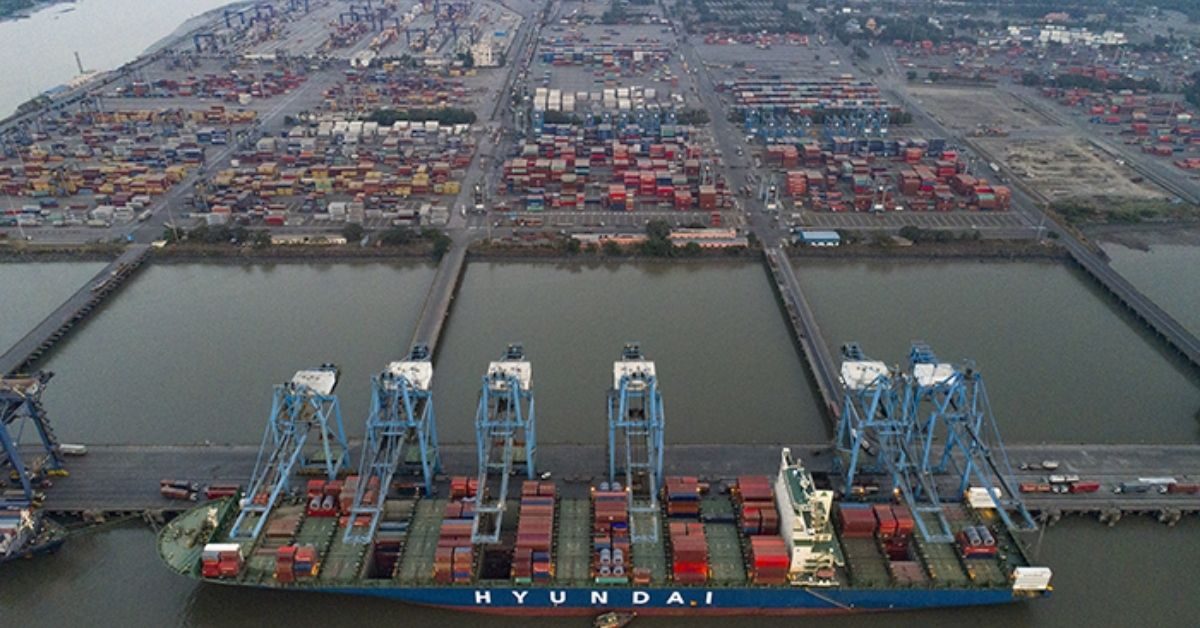State-run Jawaharlal Nehru Port Trust (JNPT) has hired SBI Caps Ltd to act as transaction advisor for the privatisation of the container terminal run by the port authority itself.
The plan to privatise the terminal through the public-private-partnership (PPP) route was cleared by the port’s board of trustees in December and is currently being vetted by the standing finance committee (SFC) in the ministry of ports, shipping and waterways.
After clearance from the SFC, the PPP project will have to be signed off by the minister after which JNPT will issue a global tender.
“We have appointed SBI Caps as the transaction advisor for the project,” said Unmesh Wagh, deputy chairman, JNPT. The project is estimated to cost Rs863.31 crore, including berth upgradation and replacement/deployment of other equipment.
J N Port Container Terminal (JNPCT), one of the five container terminals operating at JNPT, handled 544,027 twenty-foot equivalent units (TEUs) in FY21 from 718,863 TEUs in FY20. The terminal has a capacity to handle 1.35 million TEUs a year.
JNPCT is the only such facility operated by a government-owned port authority across any of the 12 state-owned major ports in India.
In four years, JNPCT’s volumes have tumbled by 64.44 per cent from 1.53 million TEUs in FY17 to 1.48 million TEUs in FY18, 1.04 million TEUs in FY19, 718,863 TEUs in FY20 and 544,027 TEUs in FY21.
The capacity utilisation of the terminal has declined from over 100 per cent in FY17 to below 50 per cent. This was mainly due to the opening of two new private terminals at the port, both having quay cranes with a rail span of 30.5 metres, a lifting capacity of 70 metric tonnes and an outreach of 22 rows across.
Aside lack of infrastructure such as modern cranes to load and unload containers and compete with private rivals, JNPCT has one big handicap that is unique to it, compared to private operators.
JNPCT has only one terminal and hence there is no scope to leverage international network of terminals.
“The private container terminals at the port have leverage to extend certain discounts at other group terminals which are available globally to attract containers to their facilities in JNPT. This is the main disadvantage of JNPCT as such practices are not possible to follow or adopt being a single terminal,” KPMG said in a report prepared for JNPT.
Further, there is no partnership with shipping lines which supports in bringing traffic to JNPCT unlike D P World, PSA International and A P M Terminals that runs terminals across the globe with strong network connectivity with shipping lines.
In FY19, JNPCT incurred loss of Rs11.98 crore which increased to Rs100.84 crore in FY20 and is estimated to reach Rs155 crore in FY21.
Keeping in view further decline in traffic due to various reasons, JNPT is looking to privatise the terminal under PPP mode on upgradation, operation, maintenance and transfer (UOMT) basis for “better utilisation of national asset”.
The two trustees representing labour opposed the plan to privatise the JNPCT, during the board of trustees meeting on December 24 when the agenda was taken up for discussion.
Source : The Hindu Businessline









